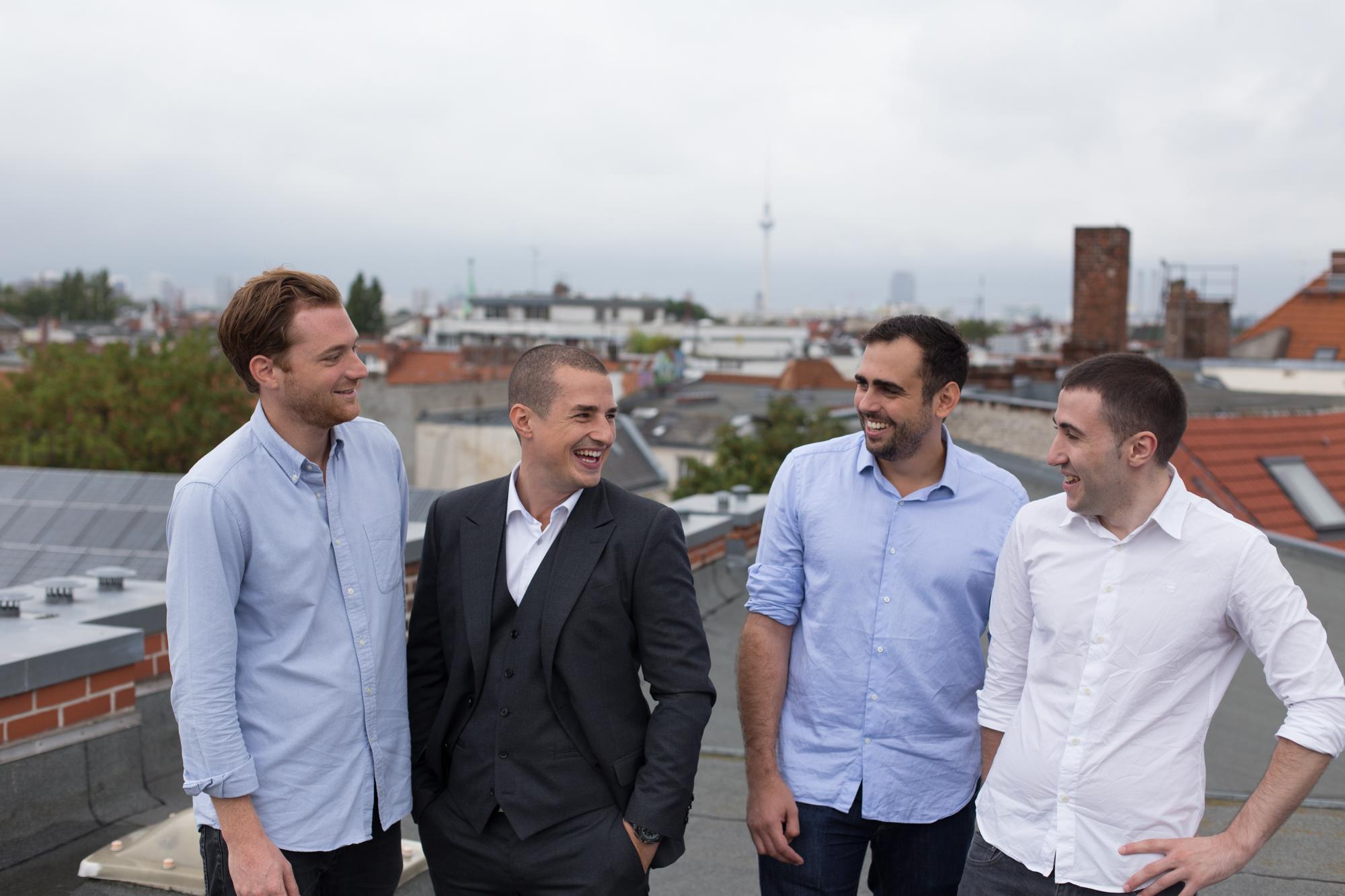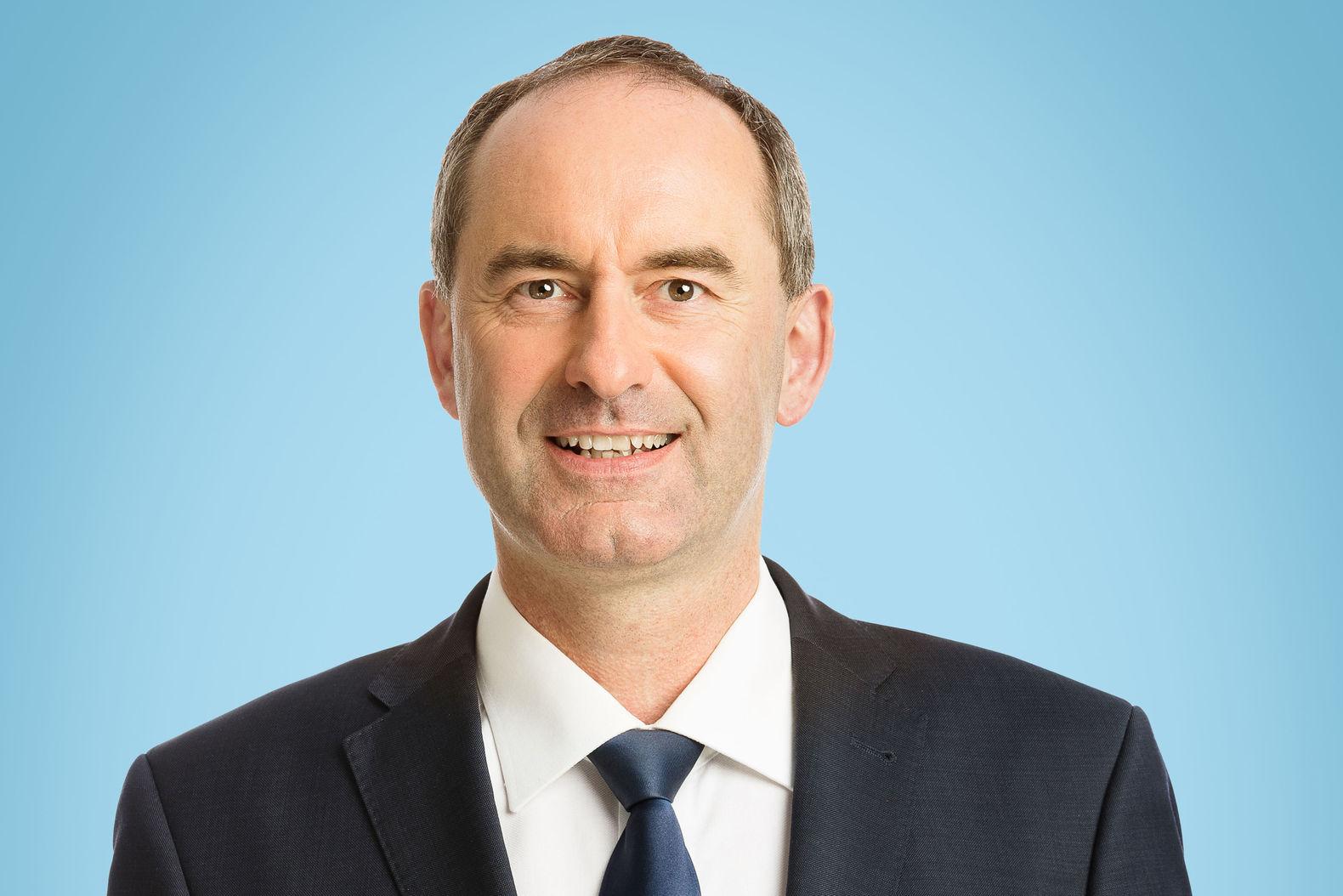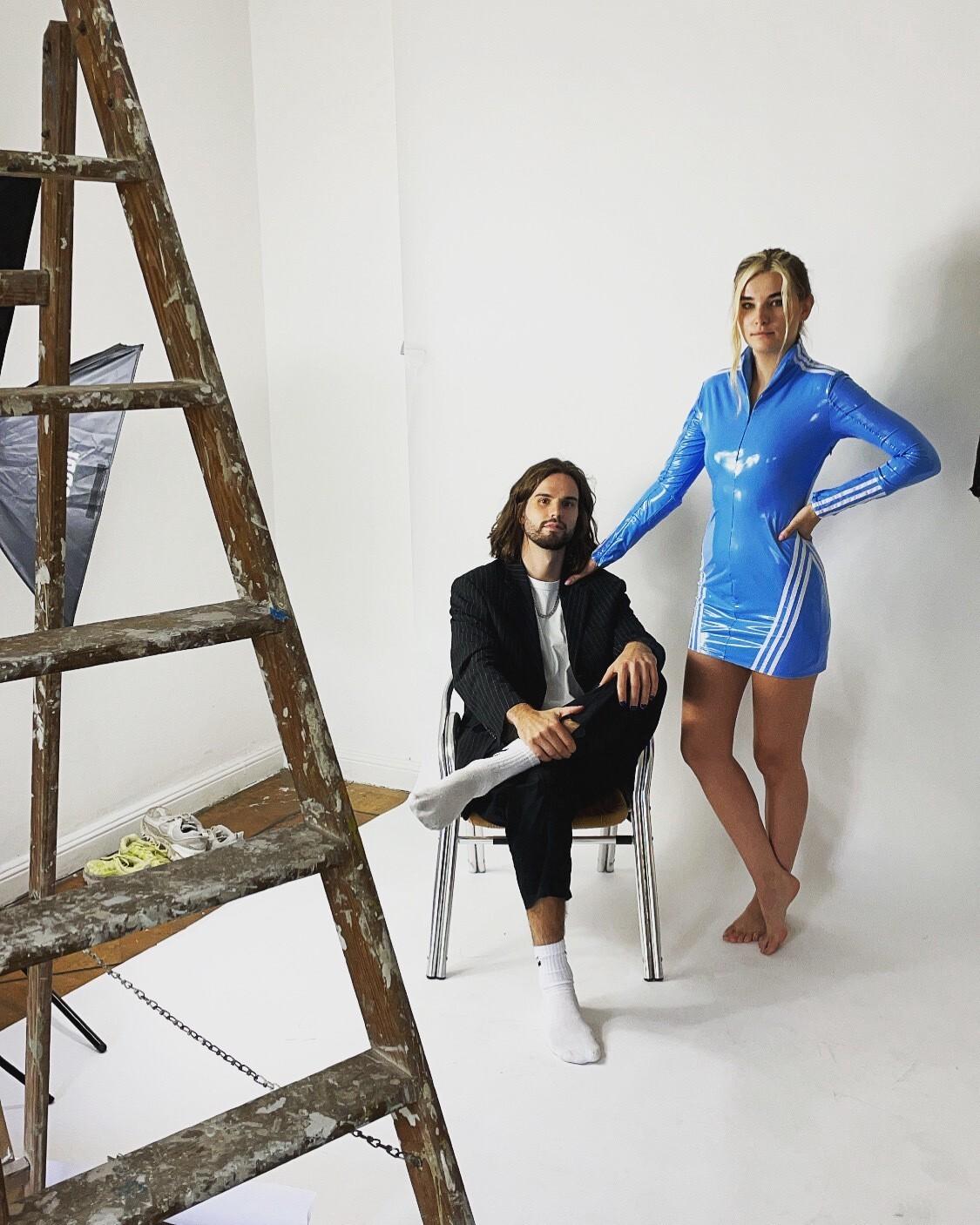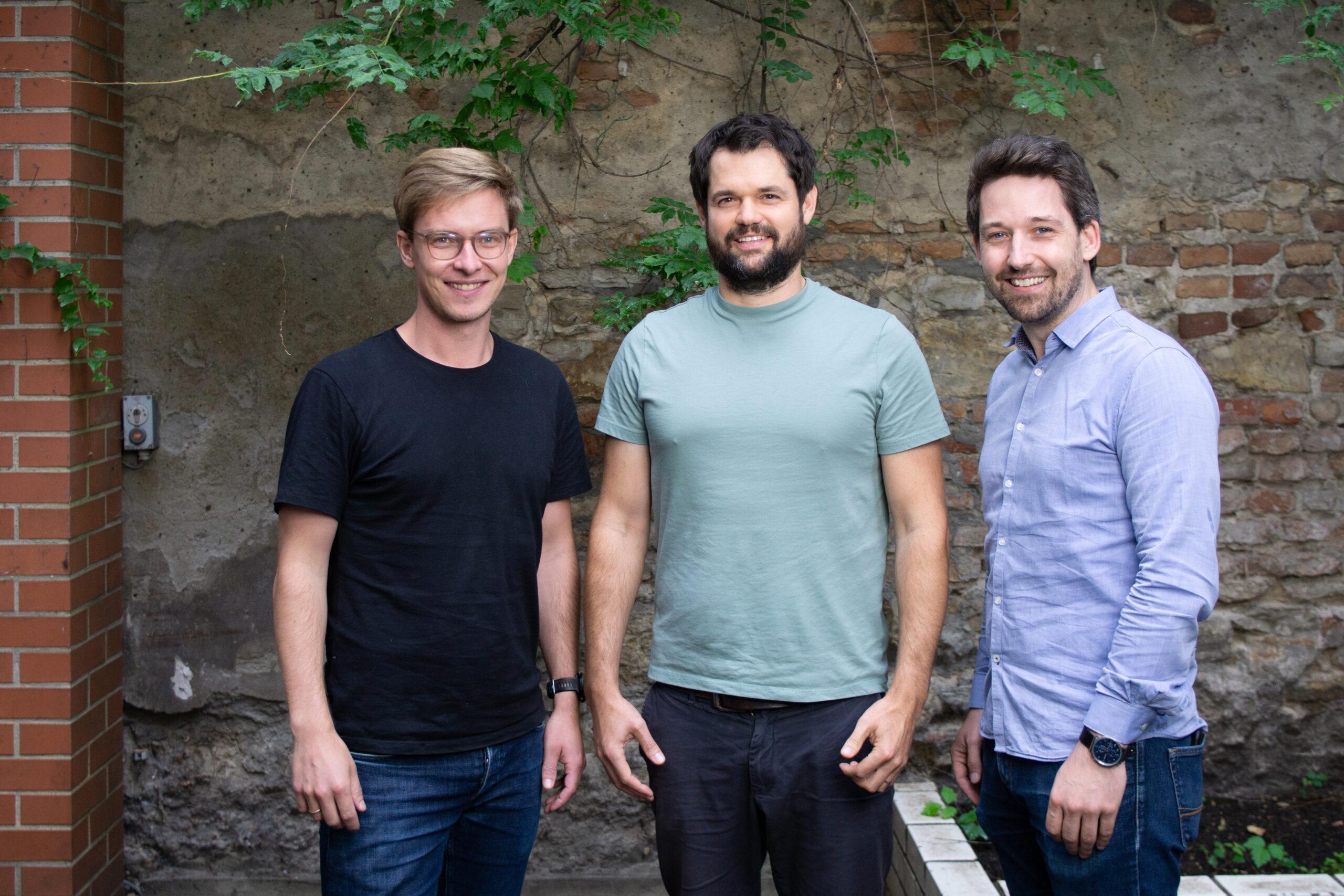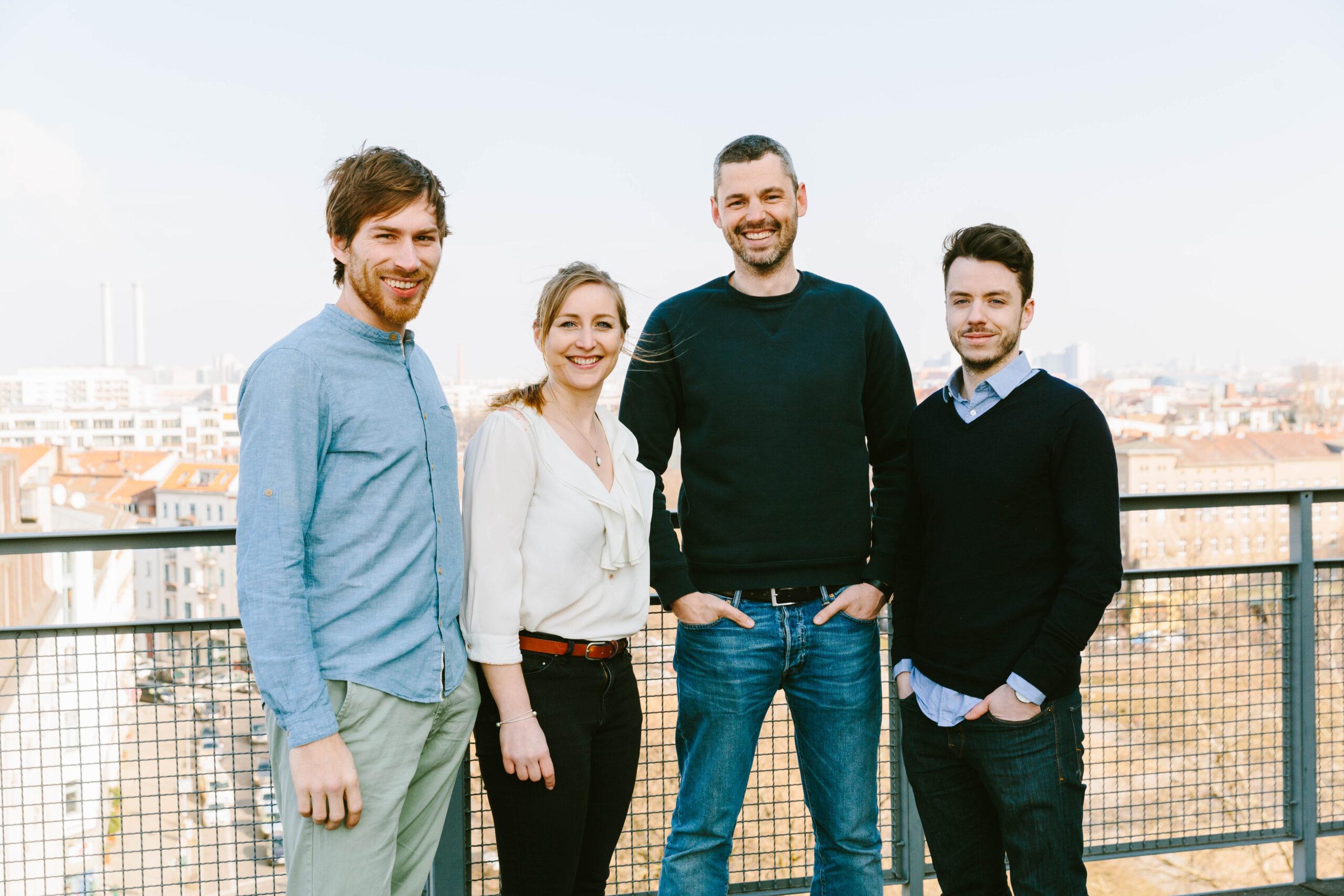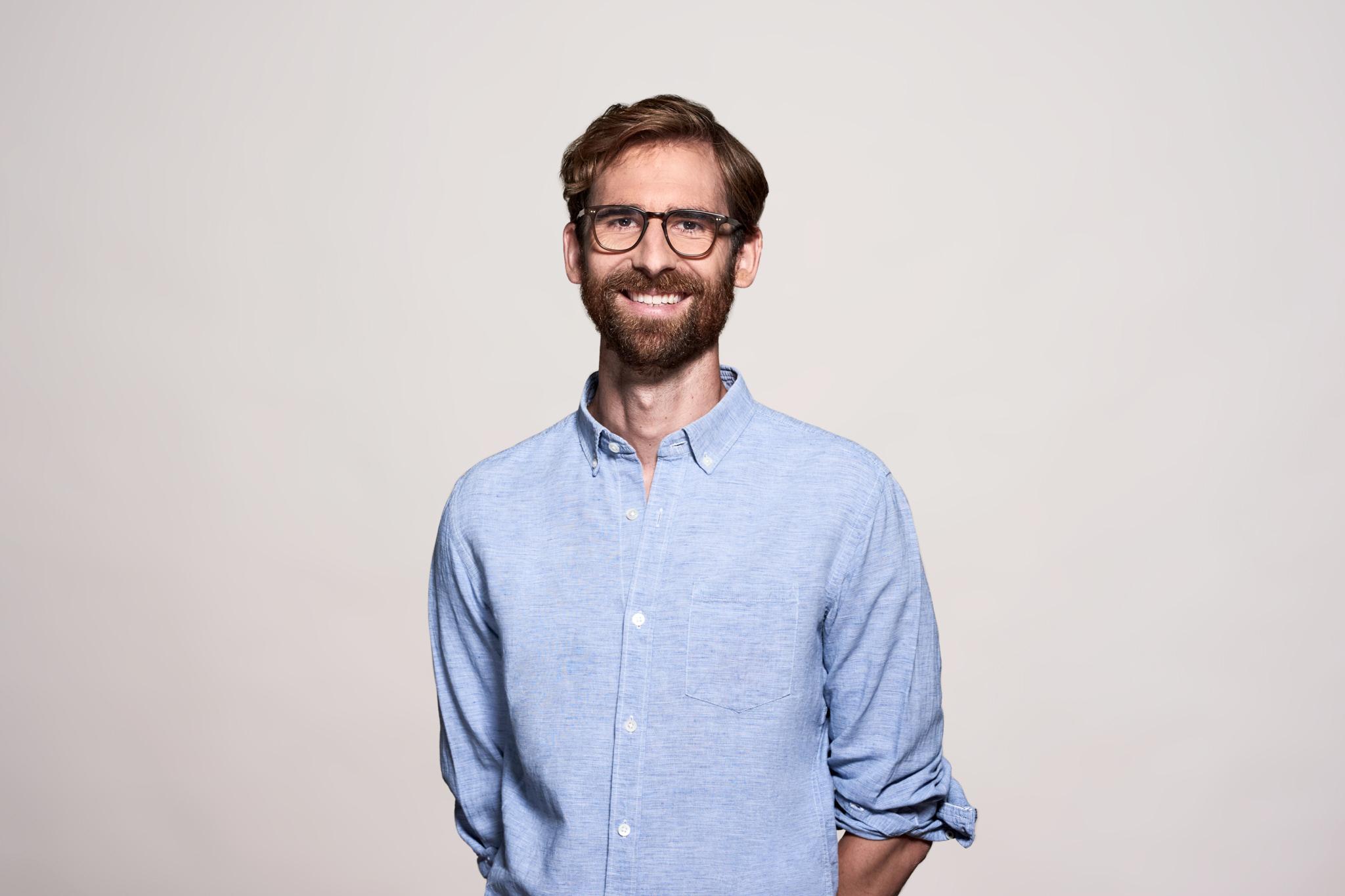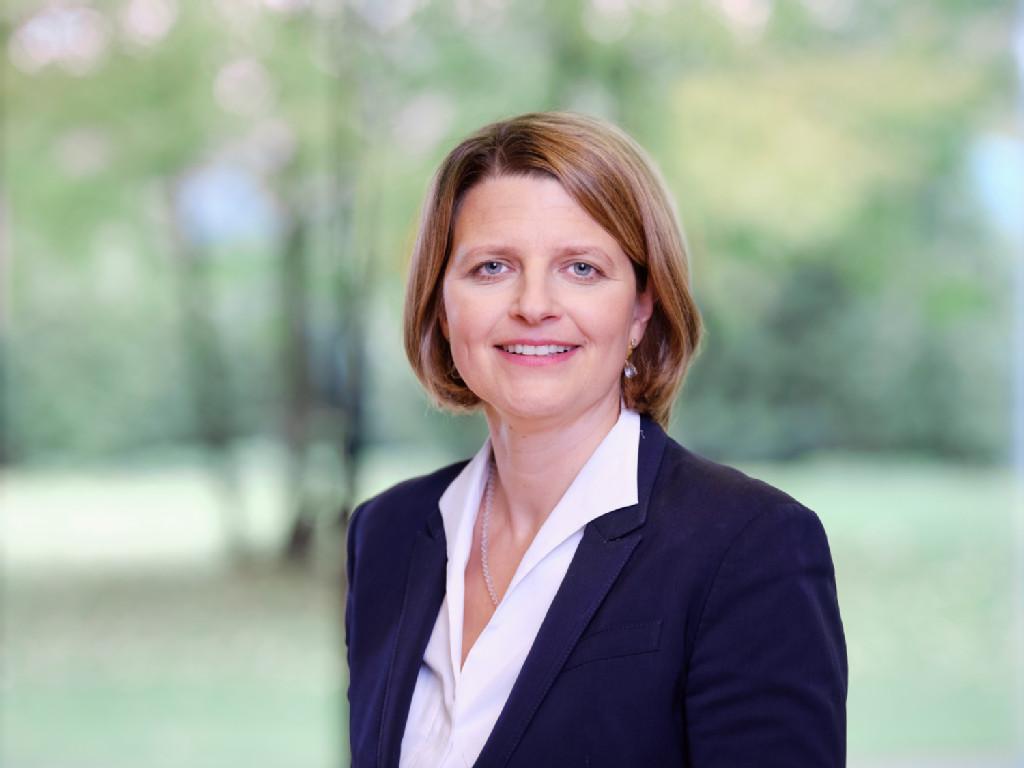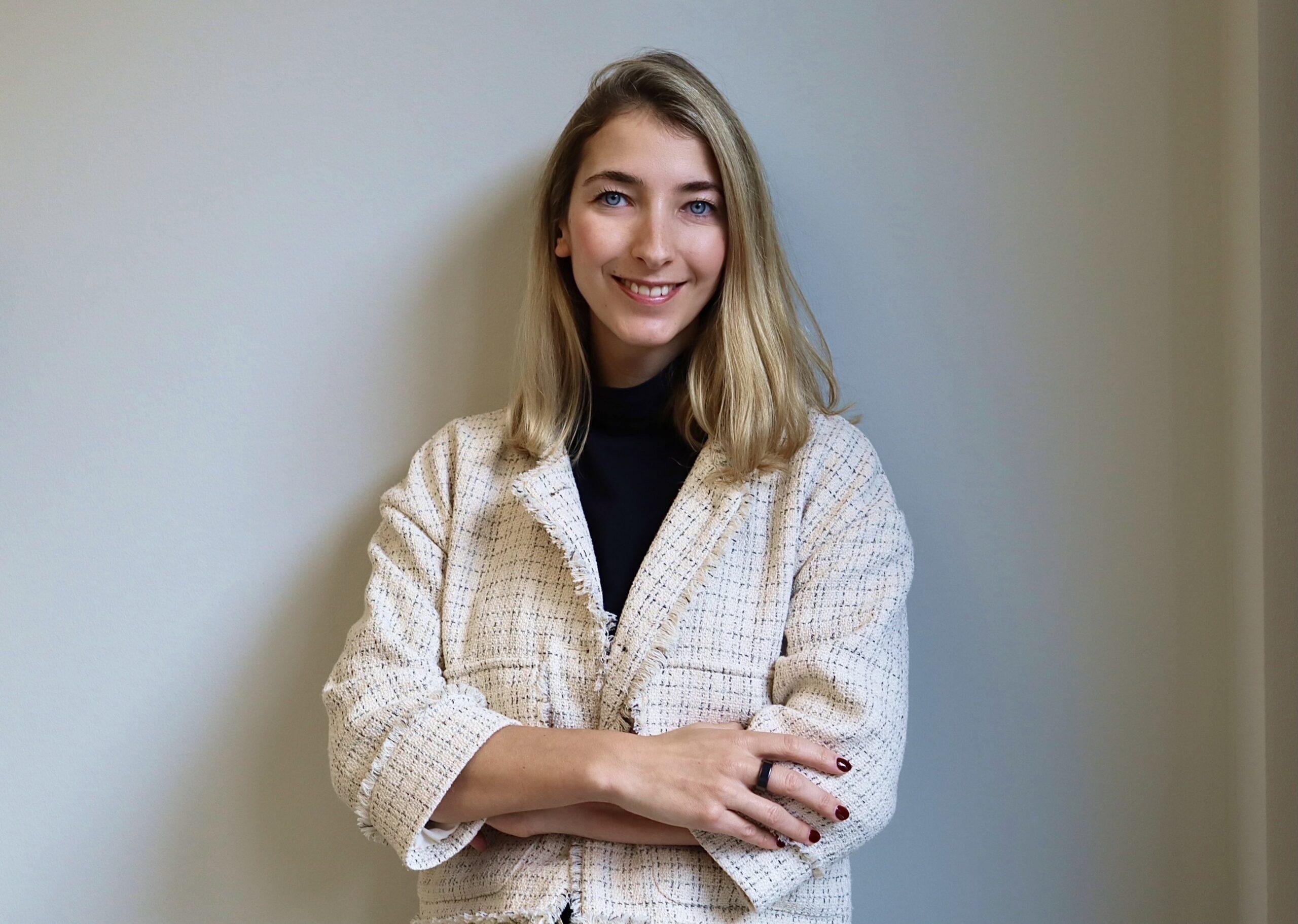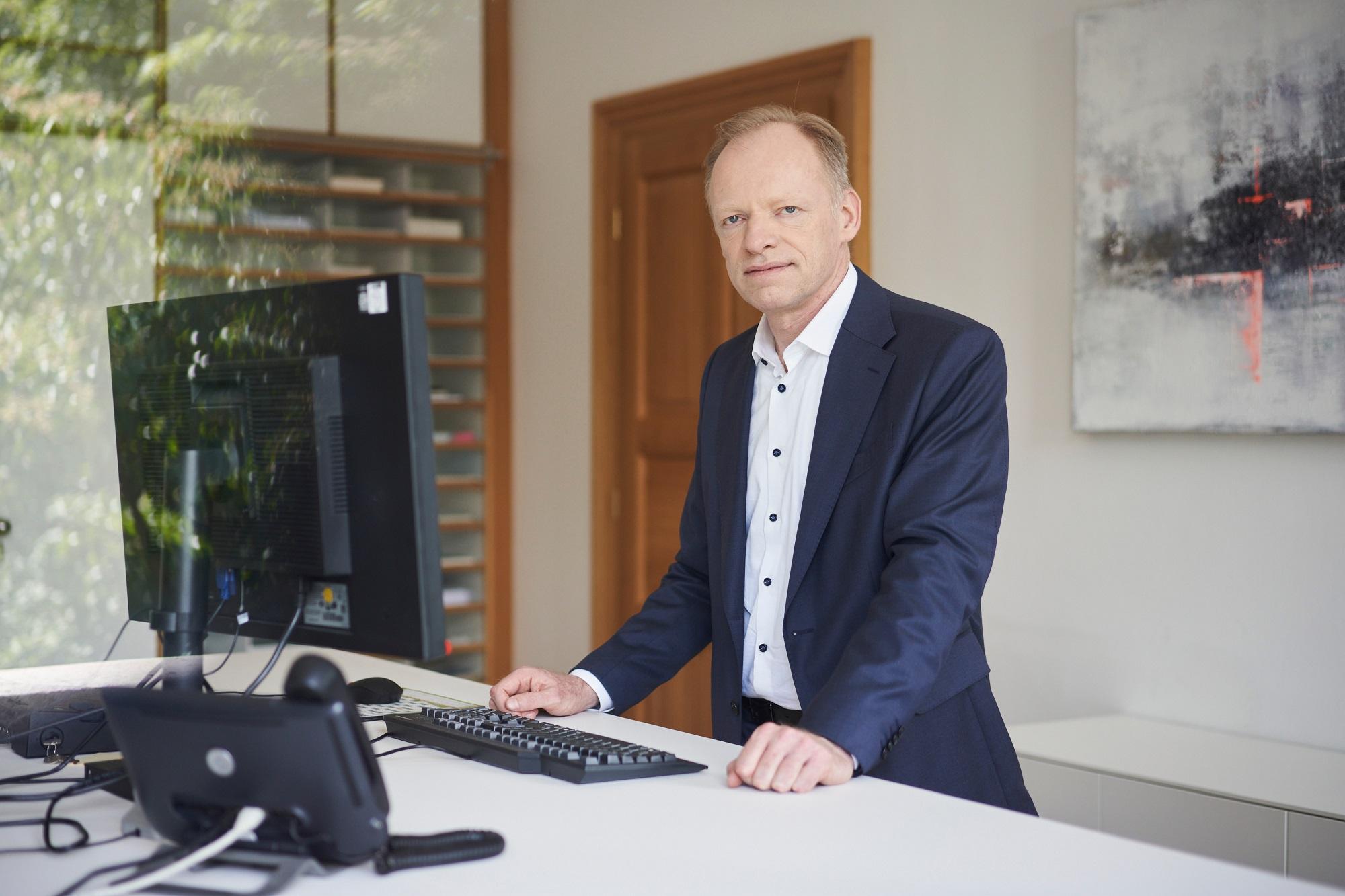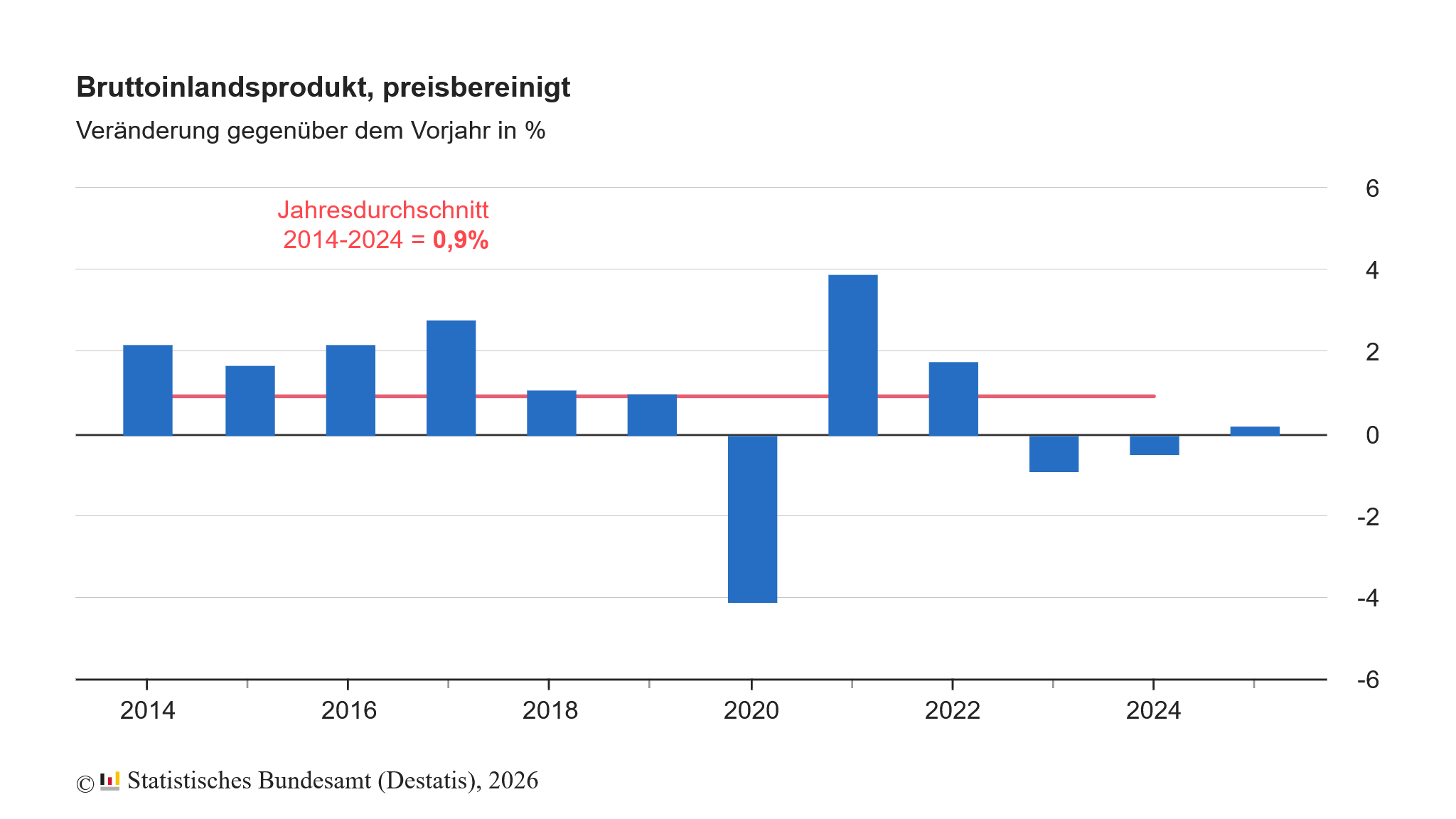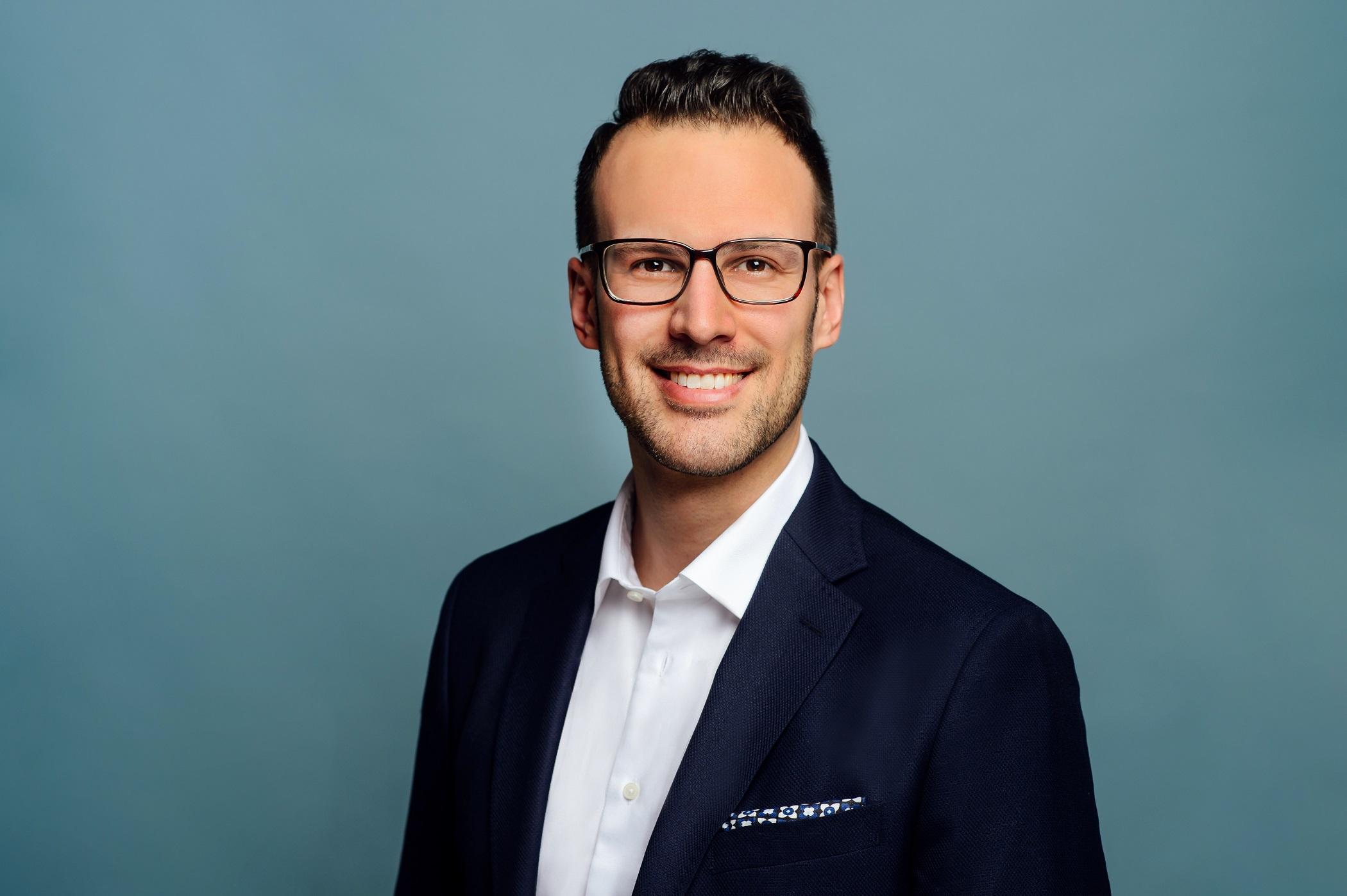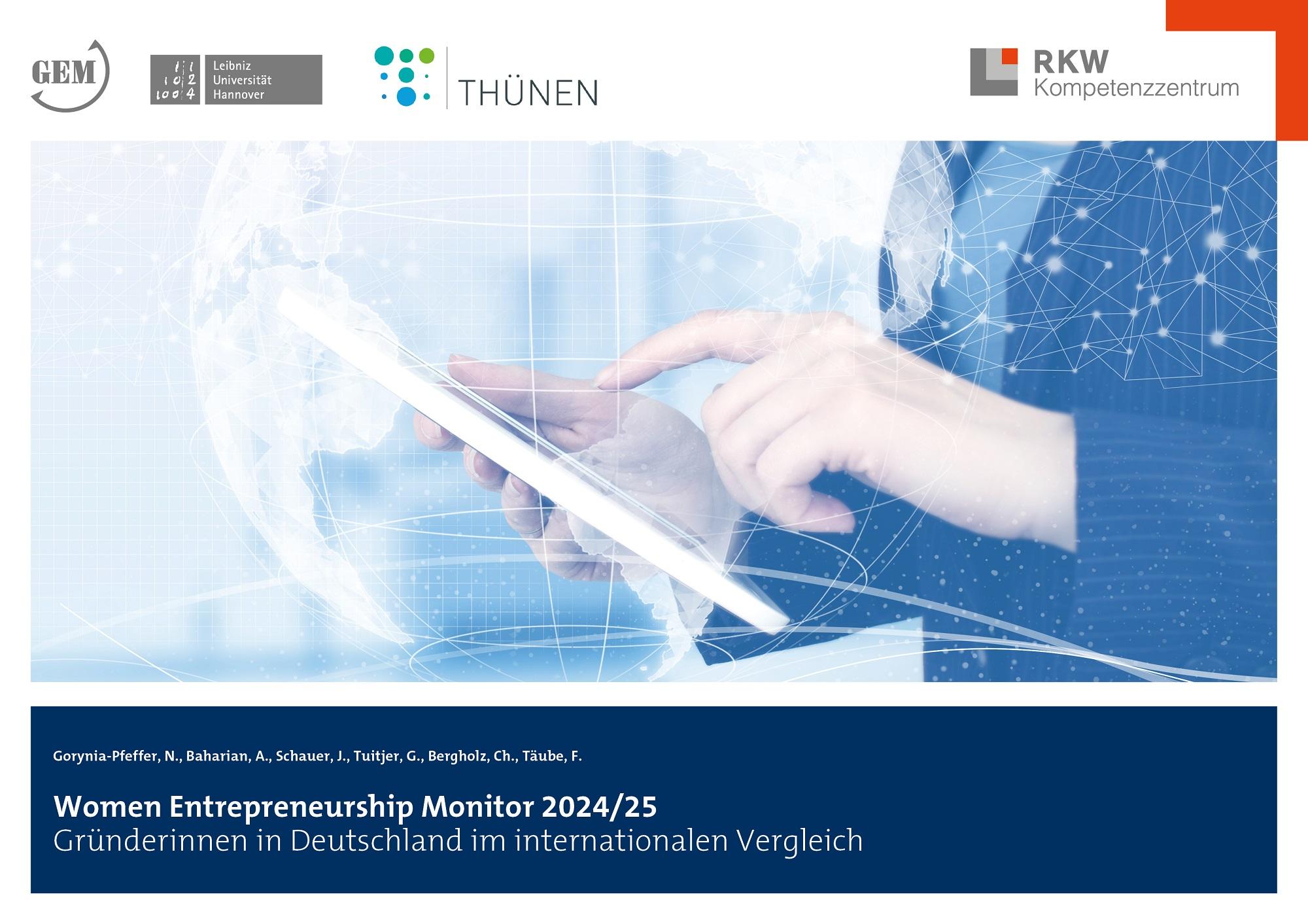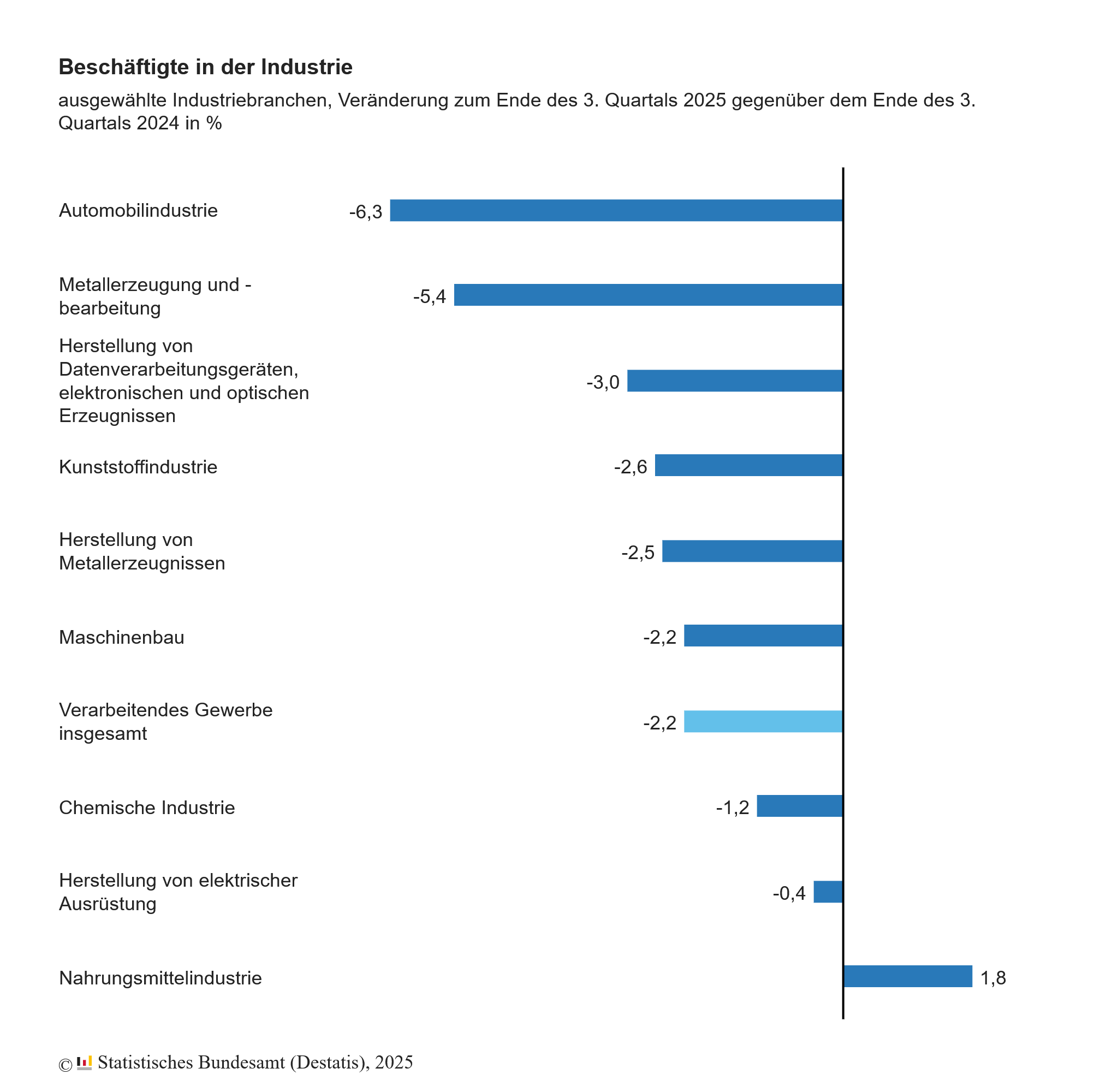Why many successful start-ups come from Munich
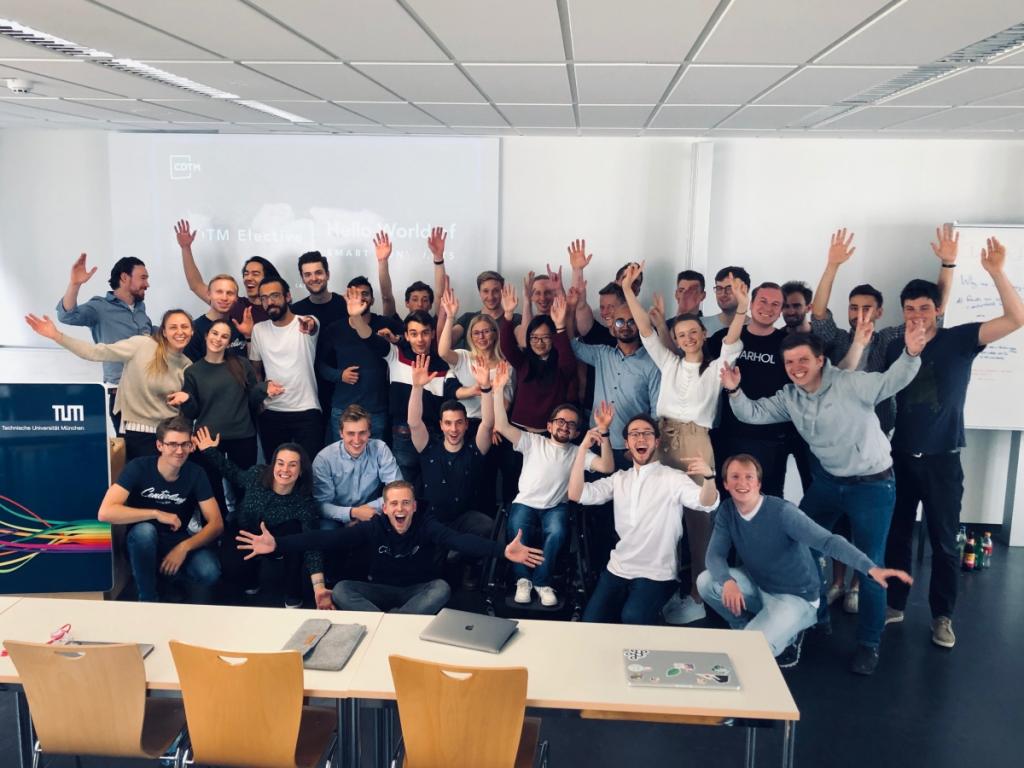
In the Bavarian capital, two universities have managed to establish a successful start-up incubator - although, strictly speaking, this was not the intention.
It is becoming increasingly clear that 2021 was a record-breaking year for the German start-up landscape. The volume of investment soared from 5.2 billion euros to a whopping 17.6 billion euros. The number of unicorns in Germany also rose from six to 24, according to a study by management consultants EY. It is a development that caused much rejoicing in the start-up scene and, in view of the now declining investments, makes some founders look back wistfully as they are about to embark on a financing round.
But behind these figures lies another special feature: seven unicorns have their origins in the Center for Digital Technology and Management (CDTM) in Munich. It is a proportion that is too large to be a mere coincidence. So what do they do differently there than in the rest of the country - and is there such a thing as a magic formula for the unicorn incantation?
The CDTM is a joint venture between the Technical University of Munich (TUM) and Ludwig-Maximilians-Universität (LMU). And this structure alone is unique in Germany. A good 360 students apply each semester and also prepare a letter of motivation. Of these, 60 are shortlisted and go through a small assessment center in which they have to prove their motivation and abilities. In the end, 25 are accepted - in addition to their actual studies, they then learn in various courses what it takes to become a good manager and how to set up a company or market a product.
The idea came on an airplane
The CDTM was born on a trip. Jörg Eberspächer from TUM and Professor Arnold Picot from LMU traveled to the USA in 1997 to find out what was going wrong in German teaching. After a visit to MIT, they came to the conclusion that the ways of thinking in engineering and economics were too traditional to be able to cope with digitalization. A place was therefore needed where students from different disciplines could learn together, which also provided a platform for companies to find new talent, which conveyed a real campus feeling and which cooperated with MIT.
Klaus Diepold, holder of the Chair of Data Processing at TUM, has been involved since 2004. "The program is definitely a project close to my heart," he says. TUM now provides the premises and LMU organizes the administration. "There are no lectures at the CDTM, the work is very project-oriented," explains Diepold and makes it clear right away: "We are not actually a start-up incubator." So is the unicorn thing just an oversight?
"Engineers can't do it alone, business people can't do it alone and lawyers can't do it alone either," says Diepold. You always need diverse teams. "We try to convey this to students as early as possible." The professors are concerned with selecting students who want to do more than just a degree. "We are looking for excellent students, even if I don't like the phrase because it quickly sounds like an elite education," says Diepold.
The students find out right from the start that this doesn't have much to do with elitist posturing. They have to organize almost everything themselves. They put together the interior fittings themselves from wood. They have to organize everything themselves, including the farewell party. "The professors are the ones who create the framework conditions for the CDTM and provide the students with advice and support as mentors," says Diepold.
Only a third set up their own company
According to the professor, around a third actually decide to set up a company in the end, another third go into industry or consulting, while the rest switch to the academic world. "We want students here to work on real problems and develop solutions, also in collaboration with companies," explains Diepold.
And the magic formula? "In my opinion, we need to train the people who really have it in them at an early stage," says Diepold. People who first do a traditional doctorate are far too stuck in the academic world - and may not even think about starting a company. "That's a big problem that many universities have," says Diepold. The CDTM aims to familiarize them with entrepreneurial thinking at an early stage.
The figures certainly support this method: over 240 companies have now been founded by alumni, and they have raised more than 5.4 billion euros in financing. More than 1,000 students have been trained in the 24 years and over 220 projects have been carried out with partner companies.
Can a CDTM also work in other cities?
Sebastian Schuon, co-founder of the proptech Alasco, is one of the graduates who went into the start-up world. Back in 2008, together with Benjamin Günther, Anselm Bauer and Max Meier, all also from CDTM, he founded the start-up Stylight, which they sold to ProSiebenSat.1 for 80 million euros. He was also involved early on as a business angel in today's unicorn Personio - which of course also comes from the ranks of CDTM.
According to Schuon, the CDTM's most important asset is its network. "Struggling through the courses together, and organizing a lot of things ourselves, simply welds us together," he says. Schuon was studying electrical engineering at TUM at the time and applied for a place in CDTM on the recommendation of other students. "The core idea of CDTM is to bring the right people together," is how he describes it. Like many other alumni, Schuon is still very active in the network. He himself gives a short course on how to set up an agile company.
If Diepold had his way, there would actually be a need for many more CDTMs in Germany. Schuon can also imagine this, but at the same time warns: "If we expand the courses and take on 100 people in one go, the CDTM will lose its character. And if we expand it to other universities, the network could also become more difficult to maintain." Schuon reveals that there are always plans, especially among the graduates, as to how the concept can be transferred. No one there has apparently come to a real conclusion yet. "We still have to work out exactly what our success factors are," says Schuon. There are certainly suitable cities with several large universities in Germany.

Newsletter
Startups, stories and stats from the German startup ecosystem straight to your inbox. Subscribe with 2 clicks. Noice.
LinkedIn ConnectFYI: English edition available
Hello my friend, have you been stranded on the German edition of Startbase? At least your browser tells us, that you do not speak German - so maybe you would like to switch to the English edition instead?
FYI: Deutsche Edition verfügbar
Hallo mein Freund, du befindest dich auf der Englischen Edition der Startbase und laut deinem Browser sprichst du eigentlich auch Deutsch. Magst du die Sprache wechseln?
